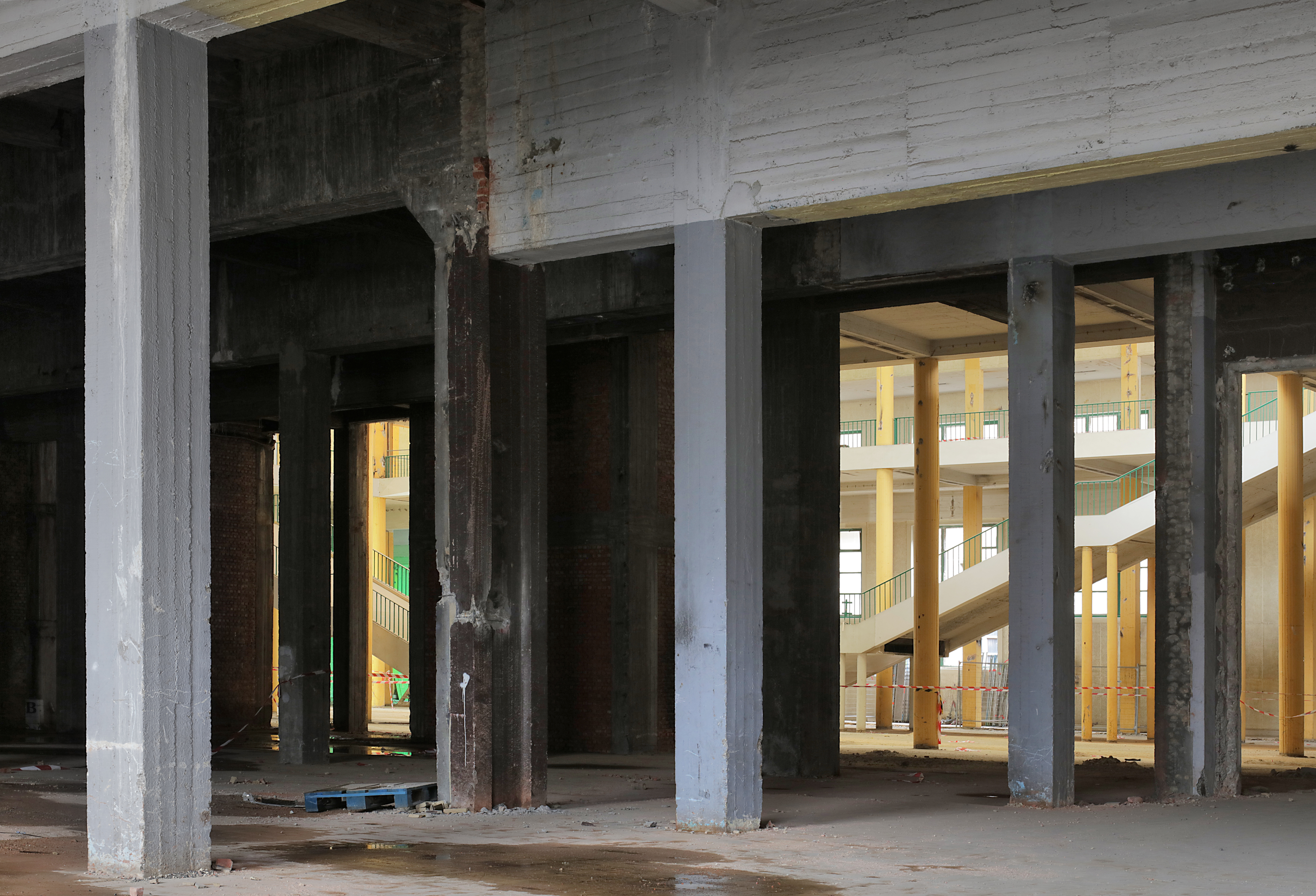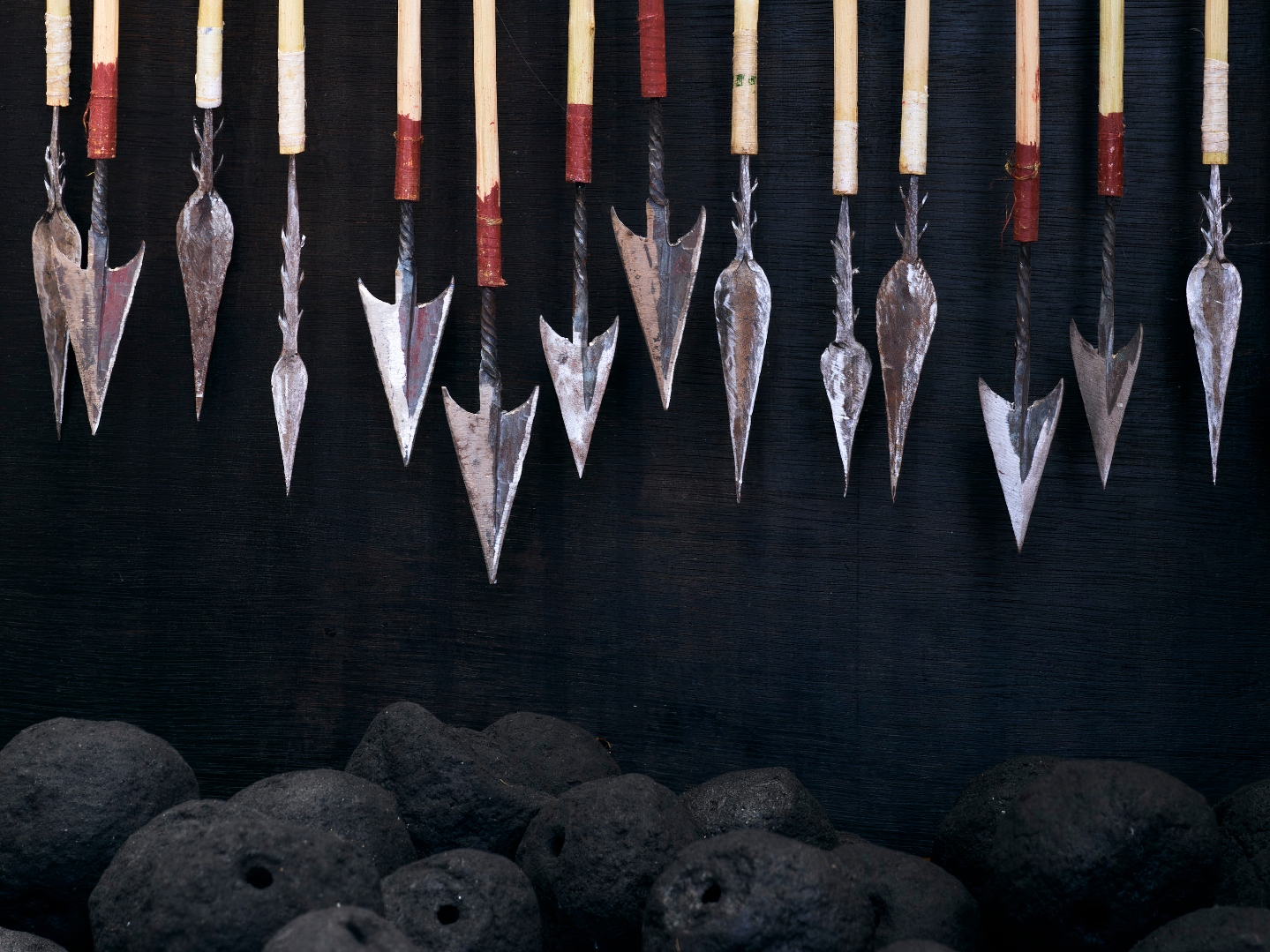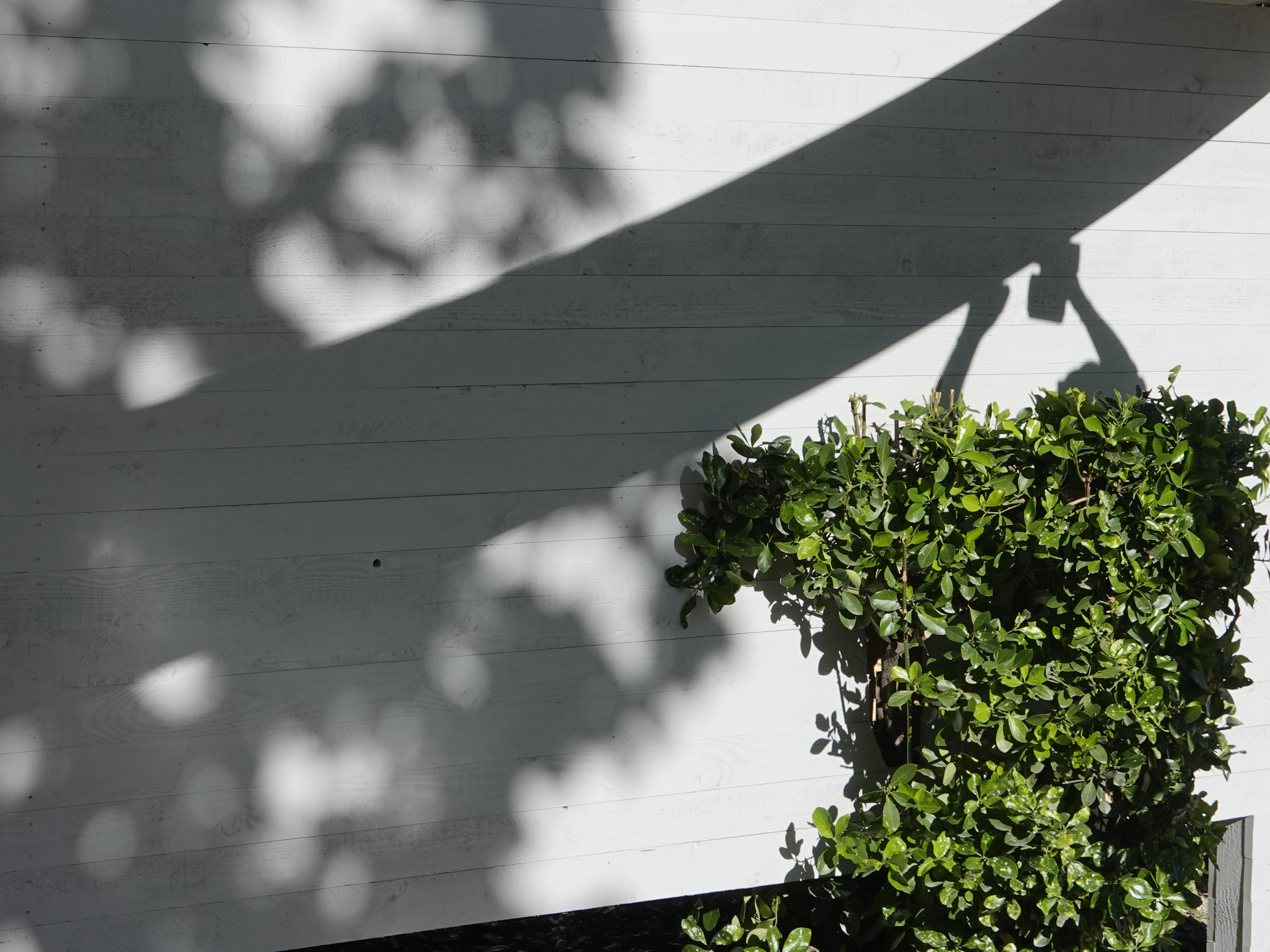November 30, 2016, 6:30pm
New York 10002
USA
On Wednesday, November 30, at 6:30pm e-flux Architecture will present SUPERHUMANITY TALKS at e-flux. Join Superhumanity editors Nick Axel, Beatriz Colomina, Nikolaus Hirsch, and Mark Wigley along with special guests Lucia Allais, Rubén Gallo, Brooke Holmes, Andrés Jaque, Lydia Kallipoliti, Spyros Papapetros, Martha Rosler, and Mabel O. Wilson for a series of presentations and conversations.
Drawing from “The Obligation to Self-Design” (e-flux journal 0, →), a text by Boris Groys in which a genealogy of design is traced from the design of the soul and the design of the self to "the design of life as a whole," Superhumanity responds to the theme of the 3rd Istanbul Design Biennial—Are We Human?—by engaging with and departing from the concept of the “self.” Superhumanity aims to explore and challenge our understanding of “design” by probing the idea that we are and always have been continuously reshaped by the artifacts we shape, to which we ask: who designed the lives we live today? What are the forms of life we inhabit, and what new forms are currently being designed? Where are the sites, and what are the techniques, to design others?
With Superhumanity, over 50 invited writers, scientists, artists, architects, designers, philosophers, historians, archeologists and anthropologists bring new insight to these and related questions over the coming months. Contributions are published on the e-flux website and dispatched as emails. To join the Superhumanity mailing list, please subscribe to e-flux Architecture here.
Lucia Allais is an architectural historian and theorist who teaches at Princeton University, a member of Aggregate, and an editor of Grey Room.
Rubén Gallo teaches at Princeton University and is author of Freud's Mexico(MIT Press, 2010) and Proust's Latin Americans (Johns Hopkins University Press, 2014). His essay “Designer Sex” was published on November 14, 2016.
Brooke Holmes is Robert F. Goheen Professor in the Humanities at Princeton University. Her essay “Prescribing Reflexivity” was published on September 28, 2016.
Andrés Jaque is the founder of the Office for Political Innovation, a Madrid/New York based practice that brings inclusivity into daily life through architecture.
Lydia Kallipoliti is an architect, engineer and scholar, currently an Assistant Professor at Rensselaer Polytechnic Institute. She is the author of the forthcoming book Closed Worlds, Or, What is the Power of Shit? Her essay "Masters and Slaves" was published on October 19, 2016.
Spyros Papapetros is Associate Professor of History and Theory in the School of Architecture and the Program in Media and Modernity at Princeton University. He is author of On the Animation of the Inorganic: Art, Architecture, and the Extension of Life (Chicago University Press, 2012).
Martha Rosler is an artist whose work centers on everyday life and labor, war, feminism, housing, and the built environment.
Mabel O. Wilson is a Professor at Columbia GSAPP where she teaches architectural design, history and theory. She recently published Begin with the Past: Building the National Museum of African American History and Culture (Smithsonian Books, 2016). Her essay “Carceral Architectures” was published on October 4, 2016.
Superhumanity is a project by e-flux Architecture at the 3rd Istanbul Design Biennial, produced in cooperation with the Istanbul Design Biennial, the National Museum of Modern and Contemporary Art, Korea, the Govett-Brewster Art Gallery, New Zealand, and the Ernst Schering Foundation.
For more information, contact program@e-flux.com.




















